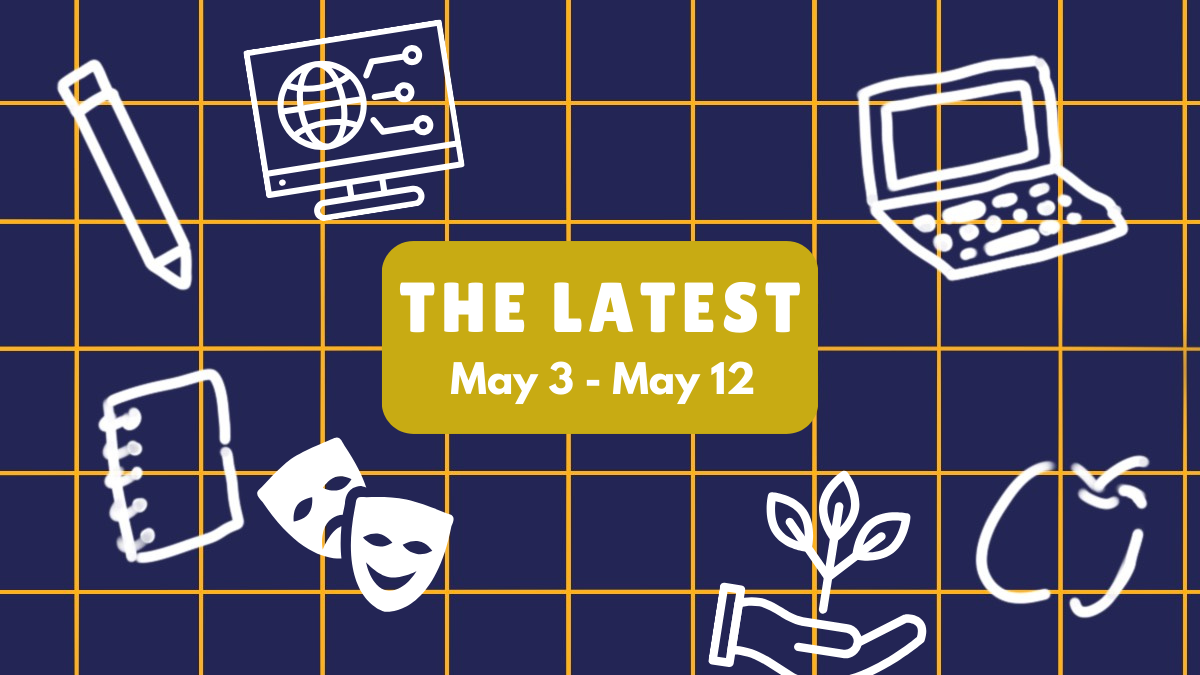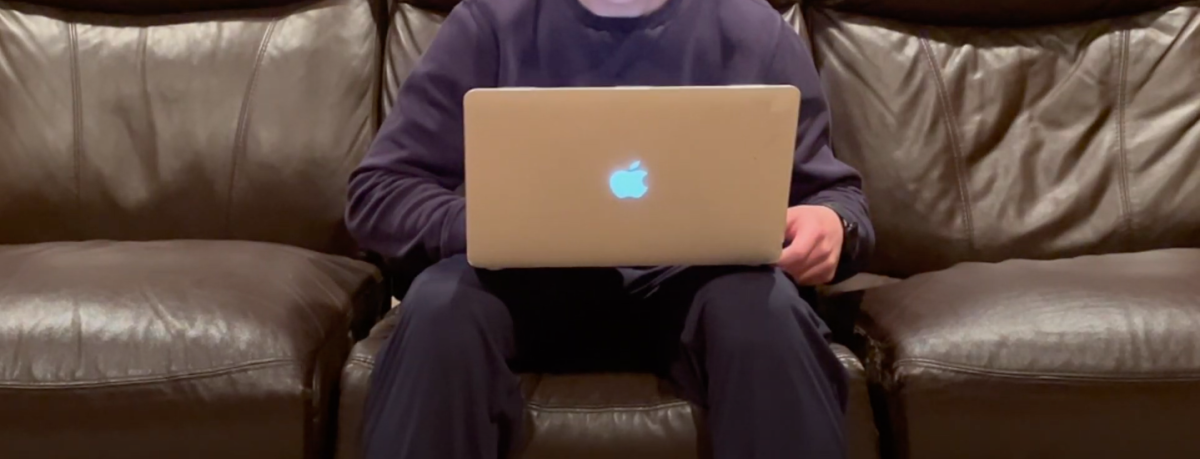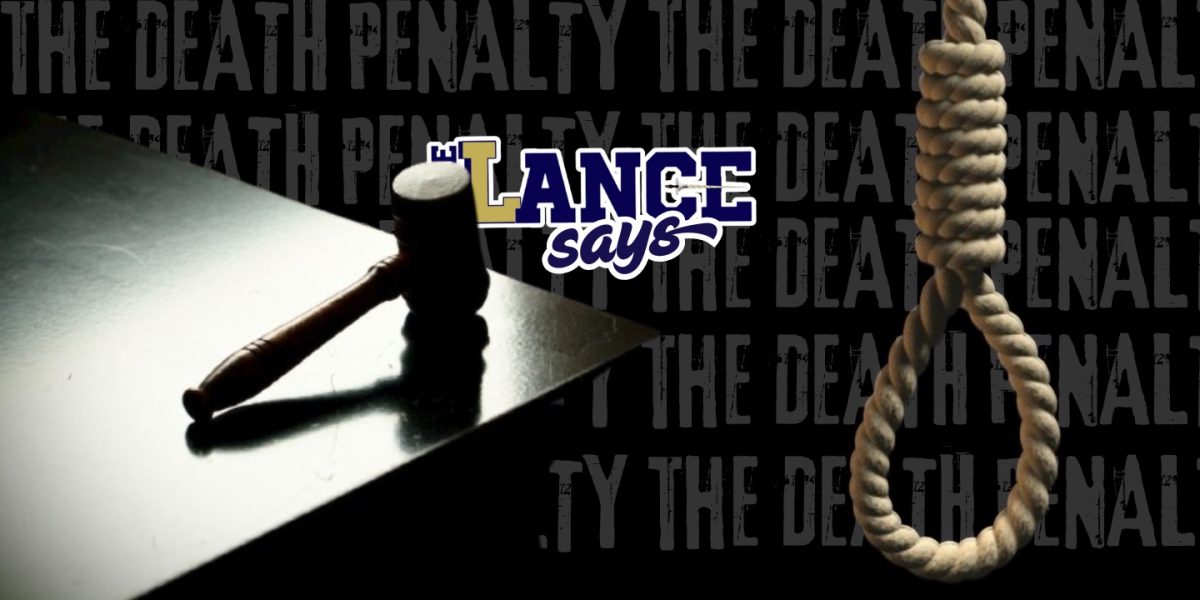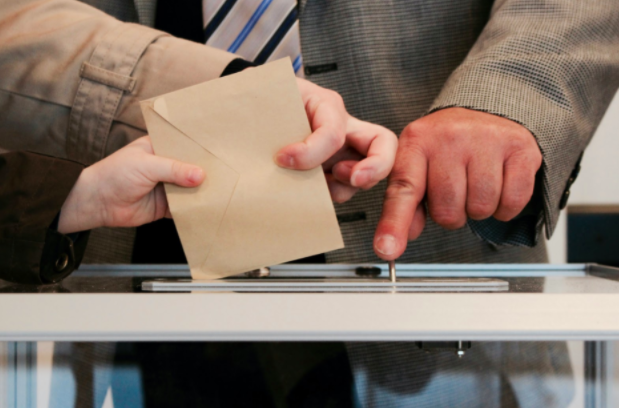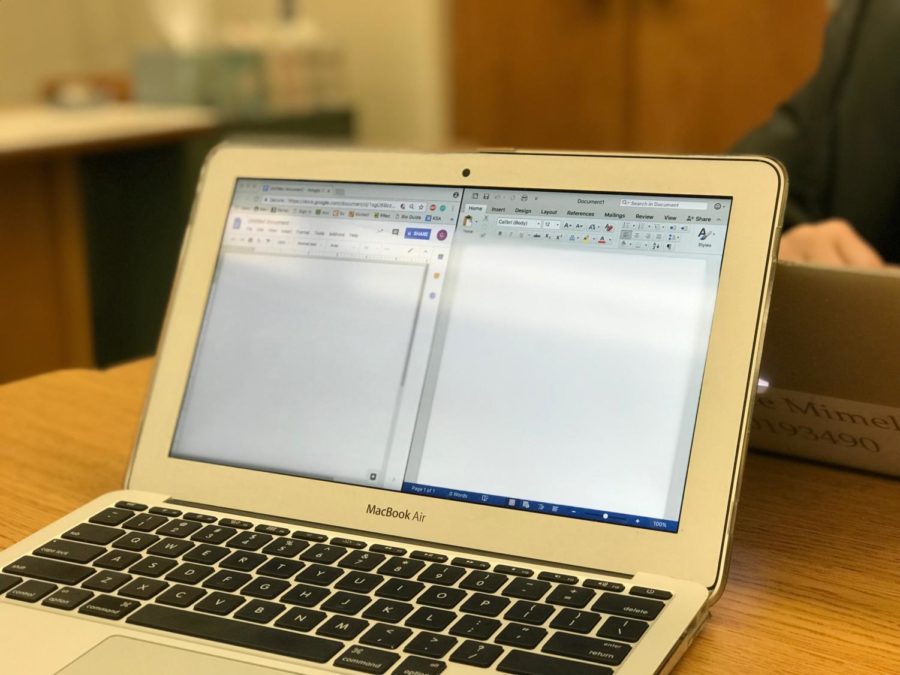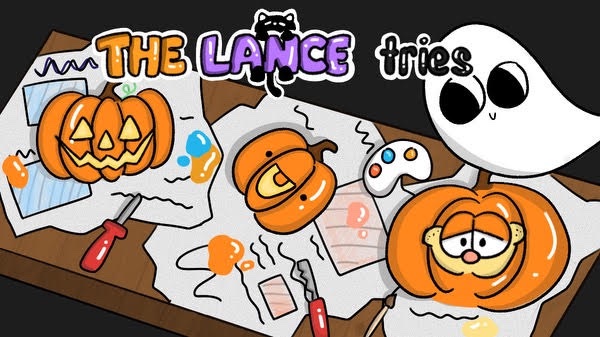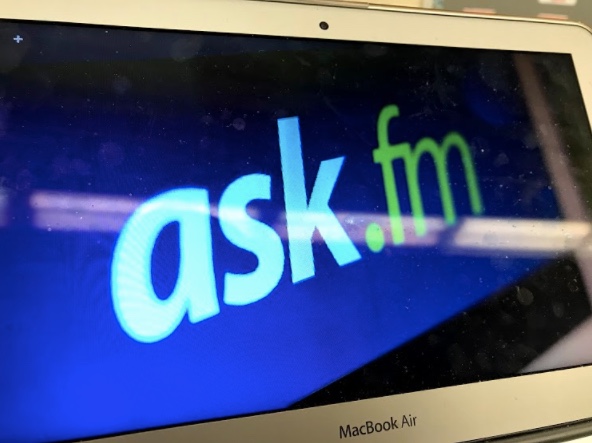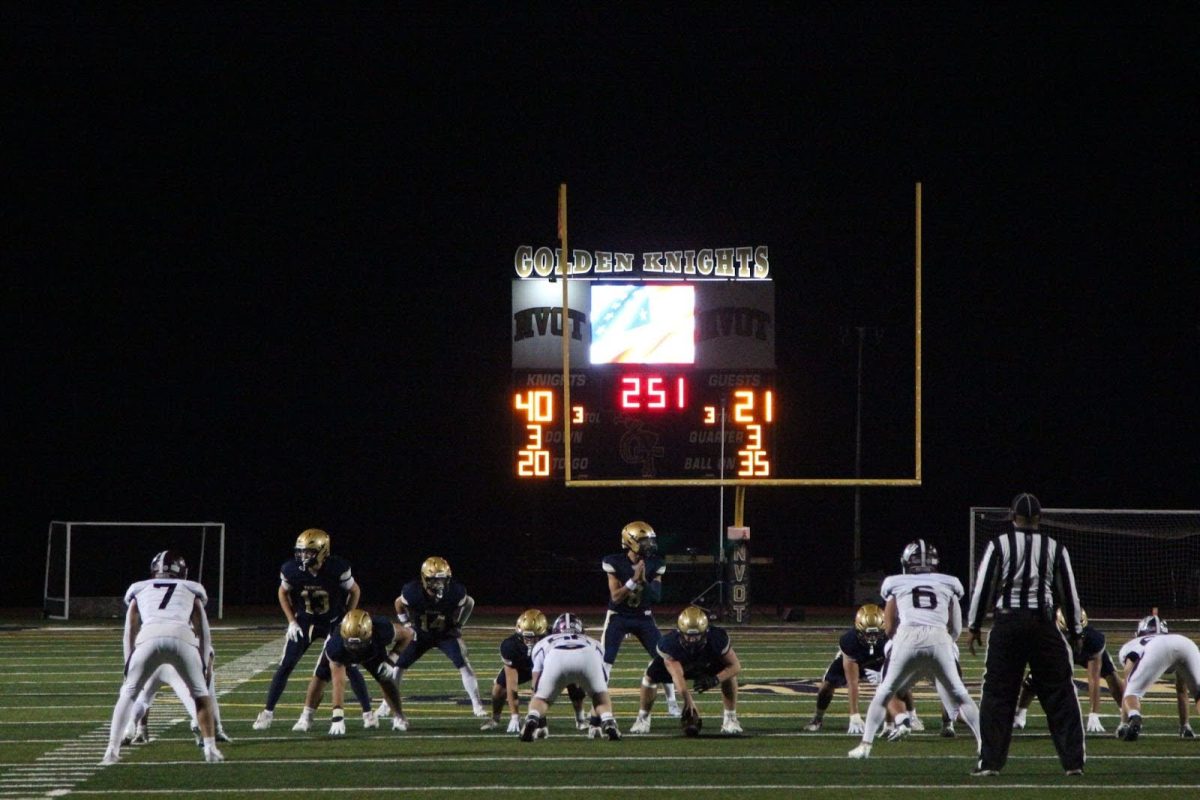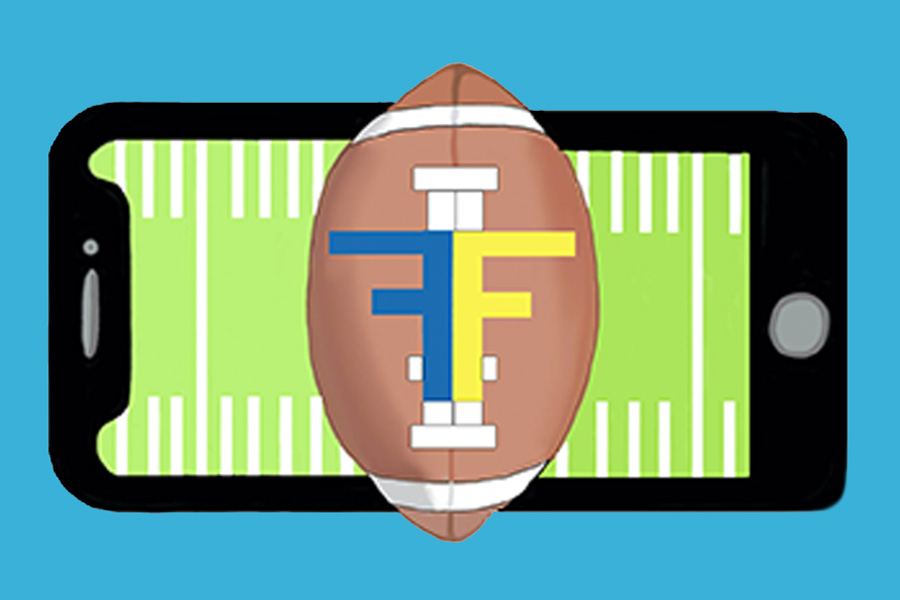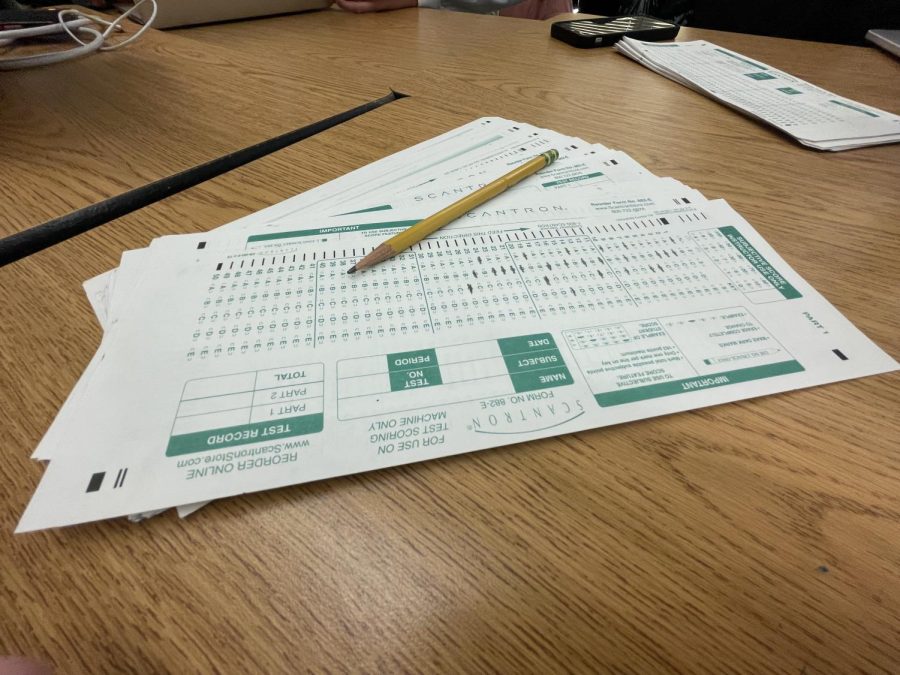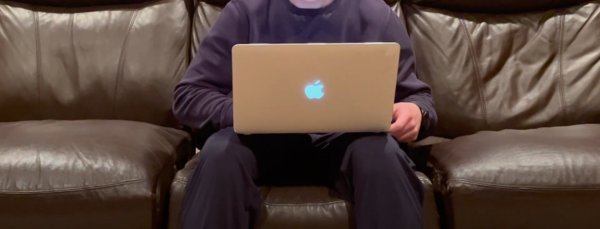SAT Goes Digital
The College Board announces the all-digital SAT starting 2024
The SAT will switch to a fully digital test.
The College Board announced on January 25 that the SAT will be completely digital starting in 2024. The test, formerly three hours long, will now only be two hours, and can be taken on computers or tablets. The decision to revamp the test comes from the ongoing debate over the necessity of the exam, especially after COVID-19 caused numerous colleges to implement a test-optional policy where students aren’t required to submit SAT or ACT scores.
Regardless of colleges offering the ability to apply test-optional, the College Board says that it still wants to ensure that the SAT can be an opportunity to benefit students for their future. The test allows students to qualify for scholarships and other opportunities for them to utilize, fueling the College Board’s decision to change the format of the traditional SAT rather than remove the test altogether.
By adding more time per question, shortening reading passages, and allowing access to calculators during the entire math section, the College Board is striving to make the new version less stressful for students. As students get ready to prepare, Sophomore Gia Brockman quickly learned how stressful the SAT can be, but expressed how a digital exam “may help because we are used to using our computers for everything.” Having this sense of familiarity can be beneficial for students since it brings a sense of comfort now that the pressure of filling in the bubbles correctly on a scantron is gone.
However, some students doubt the benefits of going virtual —sophomore Jacob Park would prefer to take the SAT on paper since a “digital SAT seems to leave more room for mistakes, like a mis-click.” Despite technical concerns, Park does not see the digital SAT having a drastic impact on his college admissions process.
However the College Board may change the test, students still express doubts about how effective a single test is to represent an individual’s intelligence. Junior Joseph Gilhooly believes that more colleges going test-optional justifies the idea that the SAT is “not a great measurement of your intelligence.” Gilhooly says that this is “a step in the right direction.”





